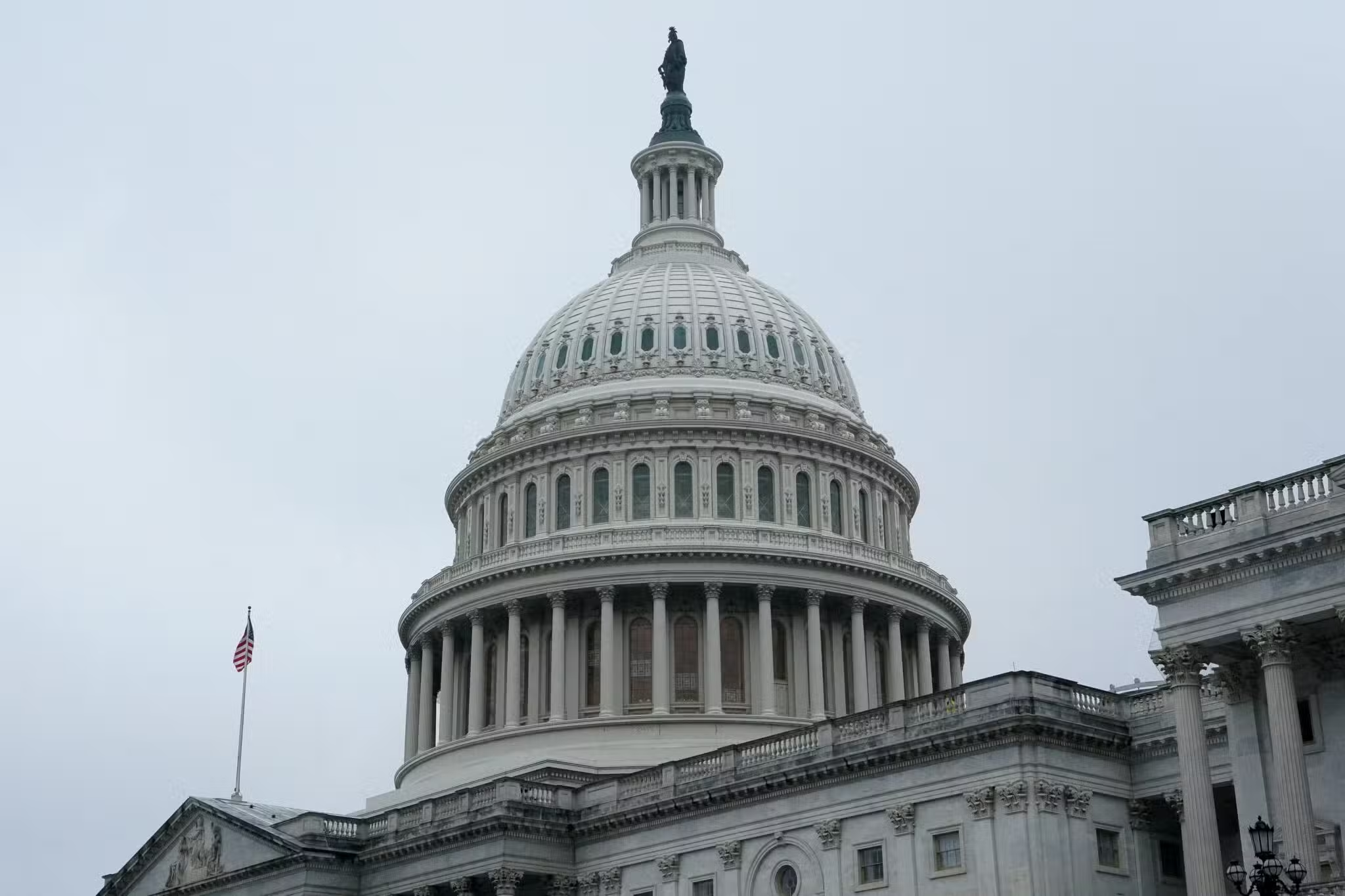Q. I understand Vatican II changed the rules on indulgences and that there are only three ways to gain an indulgence. What is the basis of the Church’s authority to grant indulgences? Our Lord did not mention indulgences specifically to my knowledge. Are indulgences (for example, the Portiuncula Indulgence) presumably gained before the change by Vatican II still effective?
A. Pope Paul VI, in 1968 in the wake of Vatican II, did authorize new norms and a handbook, the Enchiridion of Indulgences. The authorized English edition was published by Catholic Book Publishing Company and is in its third edition under the title, Handbook of Indulgences: Norms and Grants.
All general grants and ordinances concerning indulgences that were not included in the new Enchiridion were revoked by Pope Paul VI’s action. A Catholic Catechism defines an indulgence as a remission of temporal punishment due to sins whose guilt has already been forgiven. The faithful Christian, who is duly disposed, may gain an indulgence under certain prescribed conditions through the action of the Church which, as the minister of redemption, dispenses and applies with authority the treasury of the satisfactions of Christ and the saints.
The power of the pope to grant indulgences rests on the power of the keys—the power given him by Jesus to bind and loose.
In granting indulgences the pope draws on the treasury of the Church—the superabundant merits of Jesus and the merits of the communion of saints.
It is not quite correct to say there are only three ways to gain an indulgence. The Enchiridion established three general grants followed by other grants attached to particular pious works or prayers. General grants of partial indulgences are made: 1) for those who raise their minds to God with humble confidence in the performance of their duties and in bearing the trials of life and add some pious invocation; 2) to the faithful who give of themselves or their goods in the spirit of faith and mercy to serve their brothers and sisters in need; and 3) to the faithful who, in the spirit of penance, voluntarily deprive themselves of what is licit and pleasing to them.
These general grants are followed by others attached to particular prayers and acts such as reading the Scriptures, adoration of the Blessed Sacrament and prayer before a crucifix.
Indulgences obtained under the norms before Paul VI’s new norms remain valid. But now you can obtain indulgences only under the new norms. Since you asked about it in particular, the Portiuncula Indulgence attached to a visit to a parish or quasi-parish or cathedral church on August 2 is contained in the new Enchiridion. Besides a visit the person must say an Our Father, the Creed and some other prayer for the intention of the Holy Father.
For this there is a plenary indulgence if the person is completely detached from sin. Otherwise there is a partial indulgence in accord with the individual’s dispositions. Also part of the usual conditions attached to the reception of a plenary indulgence are the reception of the sacraments of Reconciliation and the Eucharist.








